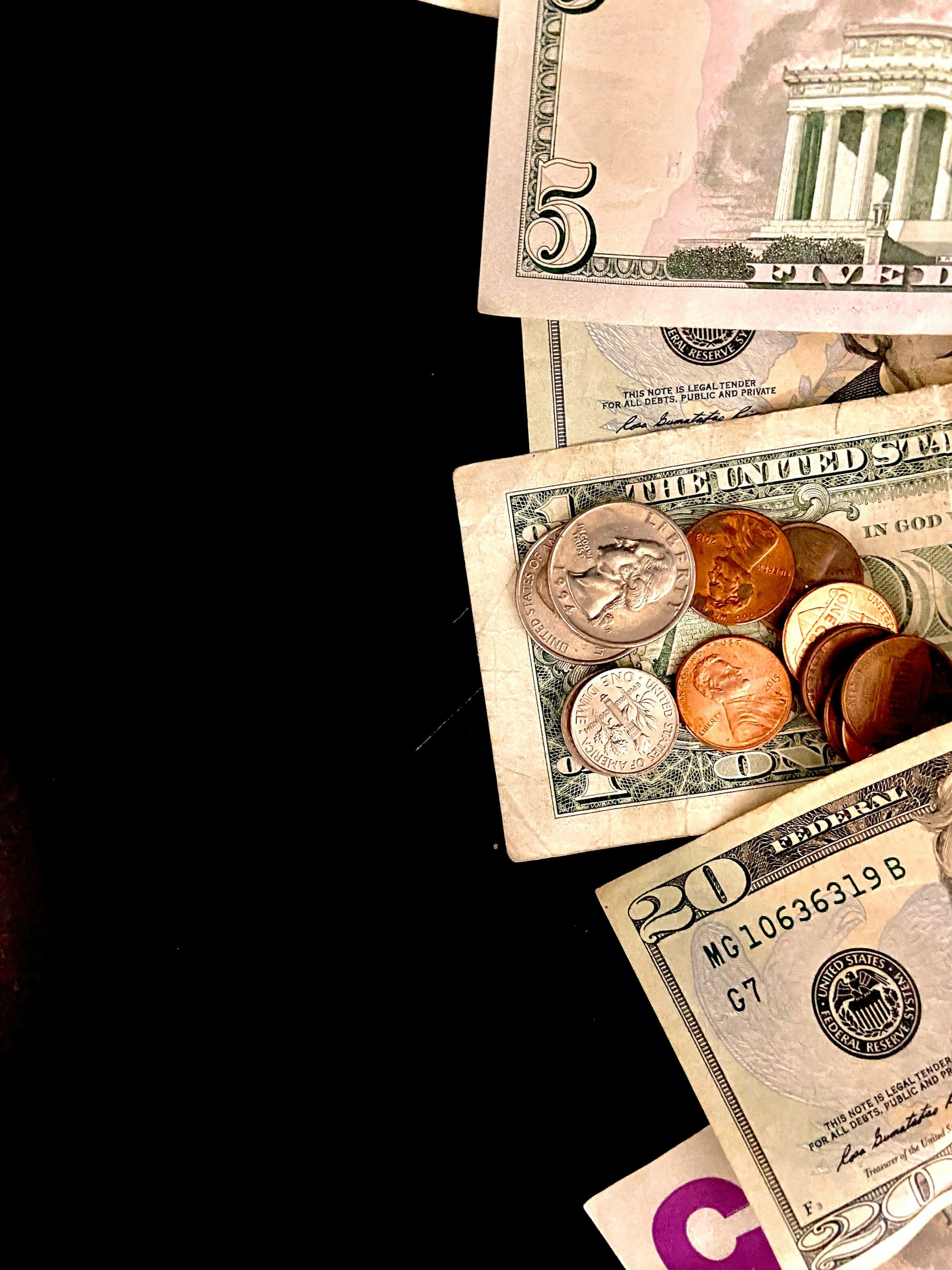By Theron Mohamed
See original post here.
Interest in a universal basic income (UBI) is only intensifying as the pandemic and other crises reveal the shortcomings of emergency aid programs, the likes of Elon Musk and Sam Altman warn AI will make human workers obsolete, and a one-two punch of historic inflation and steeper borrowing costs pinch household budgets.
UBI generally refers to a recurring cash payment to all adults in a certain population, regardless of their wealth and employment status, and with no restrictions on how they spend the money.
It’s been hailed as a safety net in case people lose their jobs or can’t work; a mental-health aid as it relieves financial worries; a buffer that lets people be more selective about which job they take; a tool to combat poverty, inequality, and the pain of unemployment; and a way to recognize the value of domestic labor like child and elderly care.
UBI is typically pitched alongside a progressive tax system that ensures rich recipients are net losers from the program, as they pay more into funding it than they receive from it.
Yet a common question and concern about UBI remains how people spend the money.
How are UBI funds used?
Early evidence from trials points to people primarily using their UBI funds to cover basic living costs such as food, housing, and transportation, rather than indulging in vices such as drinking, gambling, and drugs.
Net beneficiaries of UBI are likely to be those people struggling to get by, so it makes sense they would spend most of the money on essentials, Karl Widerquist, a philosophy professor at Georgetown University-Qatar and the author of several books about UBI, told Business Insider.
UBI champions say it will boost the economy by encouraging unemployed recipients to take jobs because they won’t lose their benefits, and provide a lift to people’s mental health and happiness.
But “if recipients were to spend their income not to meet basic needs, to develop human capital, or to save for the future, wasting it instead, this would be a worry,” said Fabian Wendt, an assistant professor in Virginia Tech’s political science department.
The Guaranteed Income Pilots Dashboard, a joint project from the Stanford Basic Income Lab and the Center for Guaranteed Income Research, pulls together data from more than 30 pilot programs in the US involving nearly 8,300 participants.
It shows that about 36% of UBI funds were spent on retail sales and services; 32% on food and groceries; 9% on transportation; 9% on housing and utilities; 6% on financial transactions like saving and investing; 4% on travel, leisure, and entertainment; 2% on healthcare and medical expenses; 1.5% on miscellaneous expenses; and 0.6% on education costs.
The breakdown may be a product of UBI trials largely focusing on poorer populations that are more likely to use the money to cover the cost of essentials and pay their bills, and have little left over to save or invest. As for the lack of spending on health and education, that might reflect the availability of government programs like Medicare and Medicaid as well as public schooling.
Similar experiments have turned up similar results:
- Rebecca Hasdell, a research advisor at the Stanford Basic Income Lab, recently conducted an umbrella review of 16 studies and found that recipients spent more on food and assets such as livestock in poorer countries, but there was less of a jump in their purchases of productivity-enhancing tools, and a mixed impact on savings and investment.
- GiveDirectly, a nonprofit, is providing universal basic income to 20,000 people across 200-odd royal villages in Kenya over 12 years. Two years in, it has reported improved household and business savings, and recipients saving up and financing bigger projects via banks and credit associations.
- UpTogether gave $5,200 to 1,000 individuals and families in San Antonio, Texas over a period of about 25 months. Recipients said they were most proud to cover their bills, pay for food, housing, and transportation, repay debt and save, and cover medical bills.
- For example, Monique Gonzalez said the money helped her buy shoes, school supplies, Christmas gifts, and enroll one of her children in softball.
- Another participant, Stephanie Hendon, was able to move out of a shelter with her four kids and rent a three-bedroom apartment. She also bought a new car, new clothes for her children, and landed a new job, setting herself up for later success.
Why spending might not matter
Concerns about lower-income recipients wasting their UBI may be overblown, experts say.
“Good evidence shows that low-income people do not use drugs, alcohol, or tobacco at a greater rate than high-income people,” Widerqist said, adding that depression and other forms of mental illness are major drivers of drug use.
“To the extent that UBI relieves people from misery, we should expect it would decrease vice spending,” he said.
“Some people fall into habits of bad spending but that has nothing to do with where their income is coming from,” said Matt Bruenig, the founder of a think tank named the People’s Policy Project.
“Plenty of people who receive income from paychecks blow it on drugs or gambling,” he continued. “Does that tell us there is some problem with our program of paying money to people for work? Obviously that’s silly.”
Douglas MacKay, an associate professor of public policy at UNC-Chapel Hill, agreed that social safety nets shouldn’t force recipients to make “good choices,” but instead show them respect by treating them as adults capable of making their own decisions.
“I think there are good reasons to give people cash even if they sometimes spend it in ways that others think are ‘unwise,'” MacKay said.


















